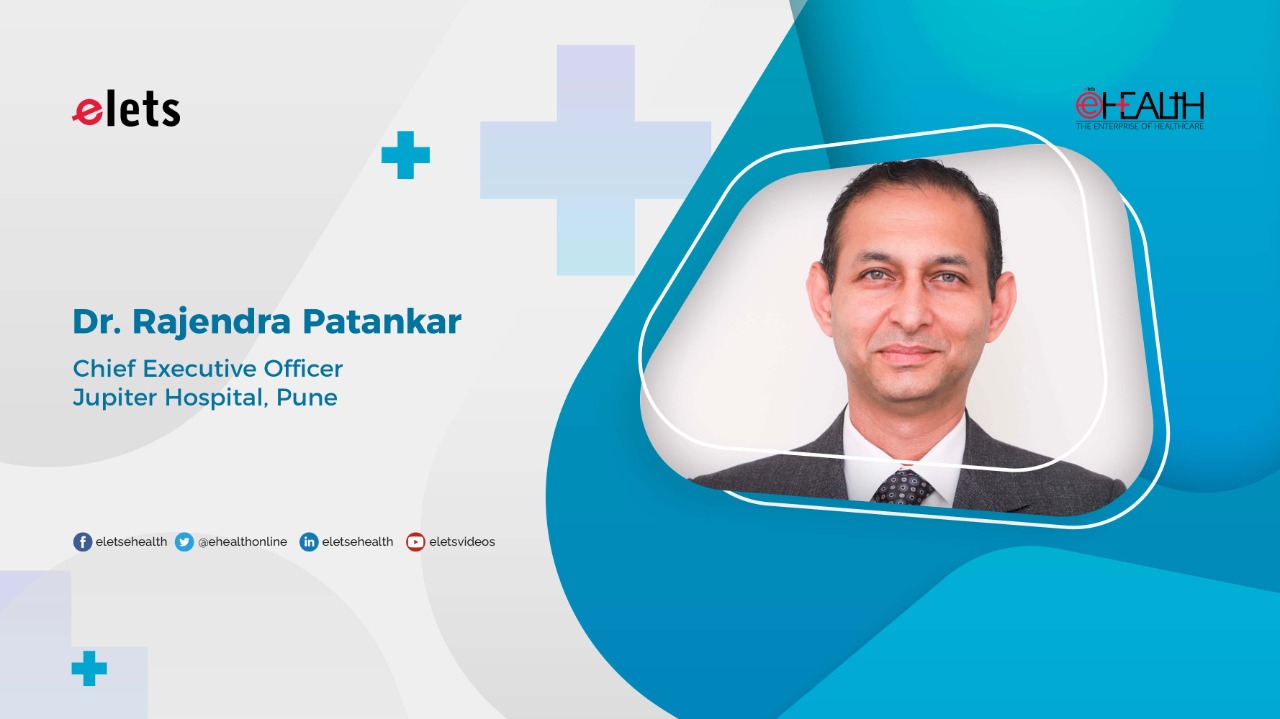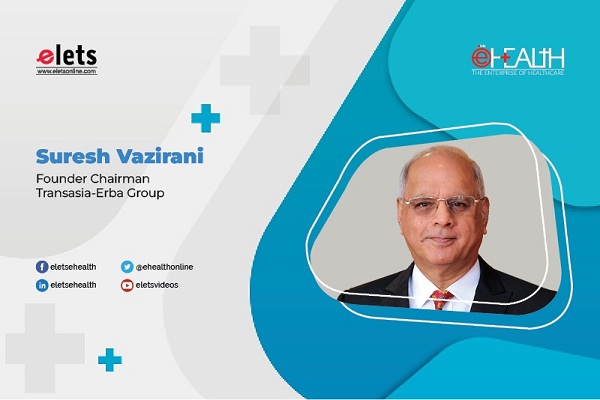
As the country prepares to welcome the Union Budget 2022 scheduled to be presented on February 1, the healthcare sector expects an increase in allocation in view of the ongoing pandemic that has exposed huge gaps in the healthcare system. While the government has been quick to address the issues at hand, the last two years have surely been an eye-opener. The upcoming budget is expected to address the issues of the healthcare sector and the key components to this include research and innovation with a “Make in India” push, public-private partnerships, tax reforms, digitization, health insurance, skill development etc.
Our country faces a significant dearth in indigenous manufacturing of medical devices with imports taking over a major percentage of this market and the budget needs to address this urgently. The government could consider incentivising hospitals for the capex they spend on locally manufactured medical equipment or even “Make In India” products by international companies. This will not only boost the medical equipment industry but also help reduce the spending on costly medical equipment purchases by hospitals.

India being a fertile ground for innovation in MedTech, the industry needs single-window clearances for start-ups for the ecosystem to survive and thrive. A system that facilitates early validation of MedTech devices and services could enhance the development and deployment of various healthcare technologies. Rational tax holidays need to be reintroduced for hospitals in rural and semi urban areas along with viability gap funding to incentivize private healthcare infrastructure creation in Tier 2 & 3 towns.

A consideration in reduction in GST could help spur consumer spending across all products and services in the healthcare sector.

The healthcare sector expects the government to work on increasing the healthcare expenditure of 2.5 percent of the GDP now rather than as planned to be achieved in future. With increased awareness on one’s health during the pandemic, the government should consider to further incentivise with more tax rebates for promoting health Insurance penetration which is still lower especially in the semi urban and rural parts of India.

With the country facing a shortage of medical and paramedical manpower, the sector also recommends significant deduction of expenses faced on upskilling and skill development in healthcare. This would play an important role to facilitate the government to achieve its aim of WHO-recommended doctor-patient ratio of 1:1000 by 2024.
Views expressed by Dr. Rajendra Patankar, CEO, Jupiter Hospital Pune
Be a part of Elets Collaborative Initiatives. Join Us for Upcoming Events and explore business opportunities. Like us on Facebook , connect with us on LinkedIn and follow us on Twitter , Instagram.
"Exciting news! Elets technomedia is now on WhatsApp Channels Subscribe today by clicking the link and stay updated with the latest insights!" Click here!
















